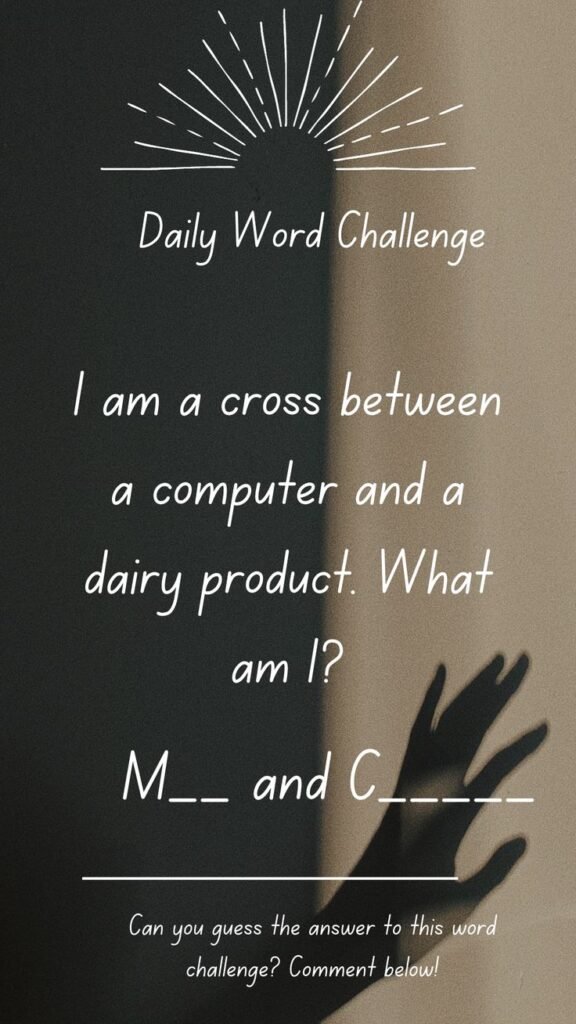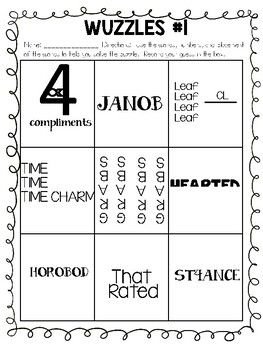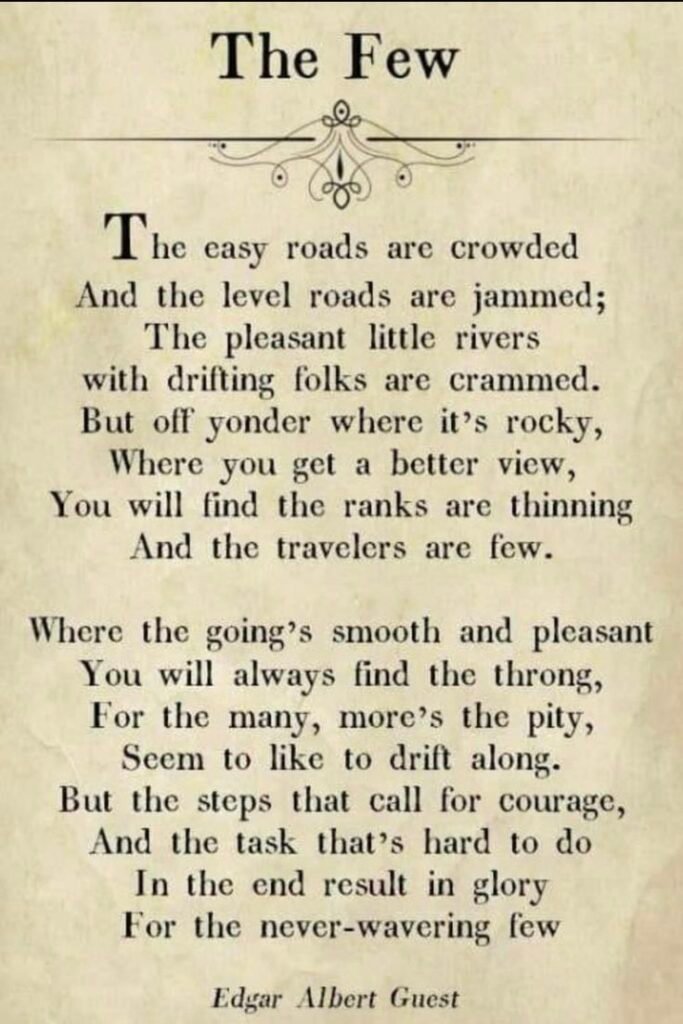Drudgery 7 little words is a frequently encountered term for fans of word puzzle games, particularly in the well-loved “7 Little Words” game. This engaging puzzle has captured the hearts of word enthusiasts worldwide by challenging players to find solutions to word clues, including complex ones like “drudgery.”
This article will provide an in-depth look at drudgery 7 little words, discussing its meaning, significance in the game, strategies for solving it, and tips for tackling similar puzzles. Let’s dive into this fascinating word game and explore the world of drudgery!
Table of Contents
What Is “7 Little Words”?
Before diving into the specifics of drudgery 7 little words, it’s essential to understand the game itself. “7 Little Words” is a word puzzle game created by Christopher York. The game presents players with seven clues, each leading to a mystery word. Players are tasked with piecing together segments of letters to form the correct word for each clue.
The game combines aspects of crossword puzzles, anagrams, and word searches, making it uniquely challenging and addictive. Each clue often represents a single word, and in cases like “drudgery,” the challenge lies in interpreting its meaning and finding the correct answer.
What Does “Drudgery” Mean?
To excel at drudgery 7 little words, it’s vital to understand the word itself.
Drudgery refers to tedious, monotonous, or laborious work that often feels uninspiring or burdensome. It’s the type of work associated with routine tasks that require effort but offer little enjoyment. In word games, such words can be tricky because they evoke abstract concepts rather than concrete objects.
The Challenge of “Drudgery” in 7 Little Words

When drudgery 7 little words appears as a clue, it can stump even experienced players. Here’s why:
- Abstract Meaning: Unlike tangible objects, abstract terms like “drudgery” require players to think about synonyms or descriptive phrases.
- Letter Segments: The game’s format breaks words into smaller parts, and reconstructing these into a complex term like “drudgery” can be tough.
- Synonym Ambiguity: Players may need to identify synonyms such as “toil,” “grind,” or “labor,” which can lead to confusion.
How to Solve “Drudgery” in 7 Little Words
To master drudgery 7 little words, follow these strategies:
- Understand the Clue: Focus on the context of the clue. For instance, if the clue mentions “tedious work” or “hard labor,” “drudgery” is likely the answer.
- Break Down Letter Segments: Use the letter fragments provided to form possible words. Start with smaller, familiar combinations before tackling the full word.
- Look for Synonyms: Think of related terms like “toil” or “grind” to help narrow down possibilities.
- Use Hints Sparingly: The game offers hints, but using them judiciously ensures you retain the satisfaction of solving the puzzle independently.
Tips for Mastering “7 Little Words”
Understanding drudgery 7 little words is just one piece of the puzzle. To become proficient at the game, consider these general tips:
- Expand Your Vocabulary: A robust vocabulary makes it easier to recognize words and their synonyms. Reading widely and engaging with word games can help.
- Practice Regularly: The more you play, the better you’ll understand the game’s patterns and logic.
- Think Outside the Box: Some clues require creative thinking. Don’t hesitate to brainstorm multiple interpretations of a single clue.
- Use Online Resources: If you’re stuck, many websites and forums provide explanations for tricky clues like drudgery 7 little words.
Common Challenges with Drudgery in Word Puzzles

The word “drudgery” isn’t just tricky in 7 Little Words; it poses challenges across various word games. Let’s explore why:
- Uncommon Usage: “Drudgery” isn’t a word used in everyday conversation, making it harder to recall quickly.
- Length and Complexity: Longer words require more cognitive effort to piece together from fragments.
- Misleading Clues: Clues for “drudgery” may reference emotions (like boredom) rather than directly pointing to labor.
To overcome these challenges, practice recognizing abstract terms and building mental associations between clues and answers.
Why “Drudgery” Stands Out in 7 Little Words
The inclusion of drudgery 7 little words highlights the game’s appeal to a broad audience. Words like “drudgery” challenge players to think critically and expand their understanding of language. This focus on diverse vocabulary sets “7 Little Words” apart from simpler word games.
Educational Benefits of 7 Little Words
Solving puzzles like drudgery 7 little words offers more than just entertainment. The game has significant cognitive and educational benefits:
- Vocabulary Building: Encountering words like “drudgery” helps players learn new terms and their meanings.
- Problem-Solving Skills: The game encourages logical thinking and pattern recognition.
- Memory Enhancement: Remembering words and clues strengthens memory.
- Stress Relief: Despite its challenges, the game provides a relaxing and rewarding experience.
Real-Life Applications of the Word “Drudgery”
While “drudgery” may seem like a niche term, it has real-world relevance. Understanding its meaning can improve communication, particularly in professional or literary contexts. For instance:
- Workplace Discussions: Describing tasks as “drudgery” conveys their monotonous nature effectively.
- Creative Writing: Using vivid terms like “drudgery” adds depth to storytelling.
- Academic Essays: The word can enhance discussions about labor, productivity, and human experiences.
Advanced Strategies for 7 Little Words Enthusiasts
If you’ve mastered drudgery 7 little words and want to tackle more challenging puzzles, try these advanced techniques:
- Group Practice: Collaborate with friends or family to brainstorm solutions for difficult clues.
- Track Patterns: Keep a journal of frequently encountered words and their clues.
- Analyze Clue Types: Familiarize yourself with common clue formats, such as synonyms, phrases, or wordplay.
- Compete with Yourself: Set time limits for solving puzzles to improve speed and accuracy.
Frequently Asked Questions About Drudgery 7 Little Words
Q: Why is “drudgery” a common clue in word puzzles?
A: Words like “drudgery” are challenging yet rewarding to solve, making them ideal for testing players’ vocabulary and critical thinking.
Q: How can I quickly solve “drudgery” in 7 Little Words?
A: Break the clue into parts, focus on synonyms, and use the provided letter segments to piece together the word.
Q: Are there similar words to “drudgery” in 7 Little Words?
A: Yes, clues involving synonyms like “toil,” “grind,” or “labor” are common in the game.
Also read Pedrovazpaulo Executive Coaching Transforming Leadership Skills
Conclusion: Mastering Drudgery in 7 Little Words
The challenge of drudgery 7 little words exemplifies the thrill and educational value of word puzzles. By understanding the meaning of “drudgery” and applying strategic thinking, players can conquer this clue and others like it. Whether you’re a casual player or a seasoned word game enthusiast, solving complex puzzles like this one sharpens your mind and enriches your vocabulary.
So, the next time you encounter drudgery 7 little words, remember: persistence, creativity, and a love for language are the keys to success!


